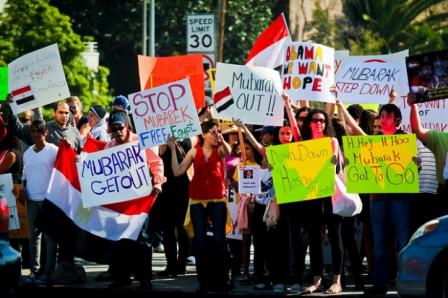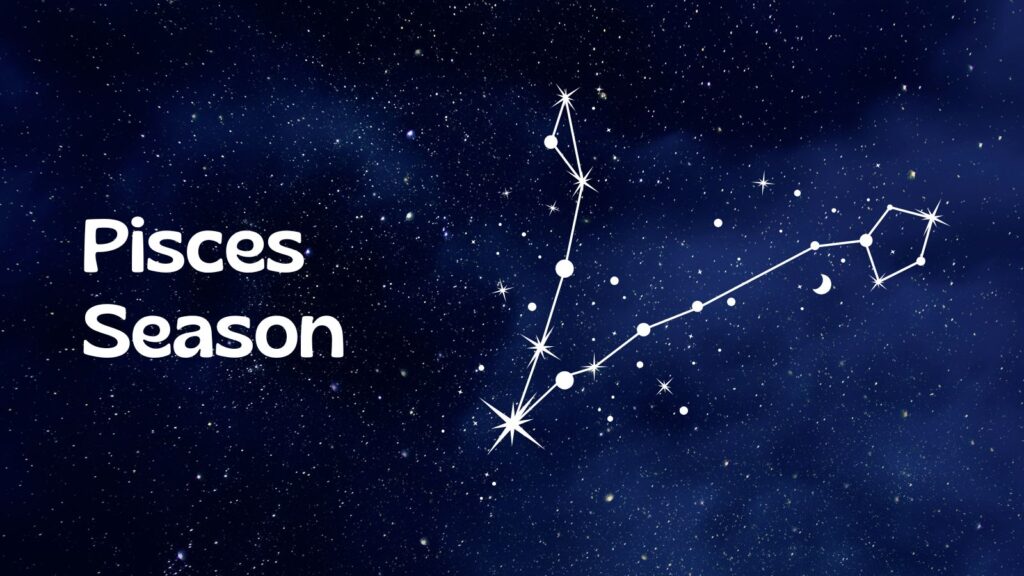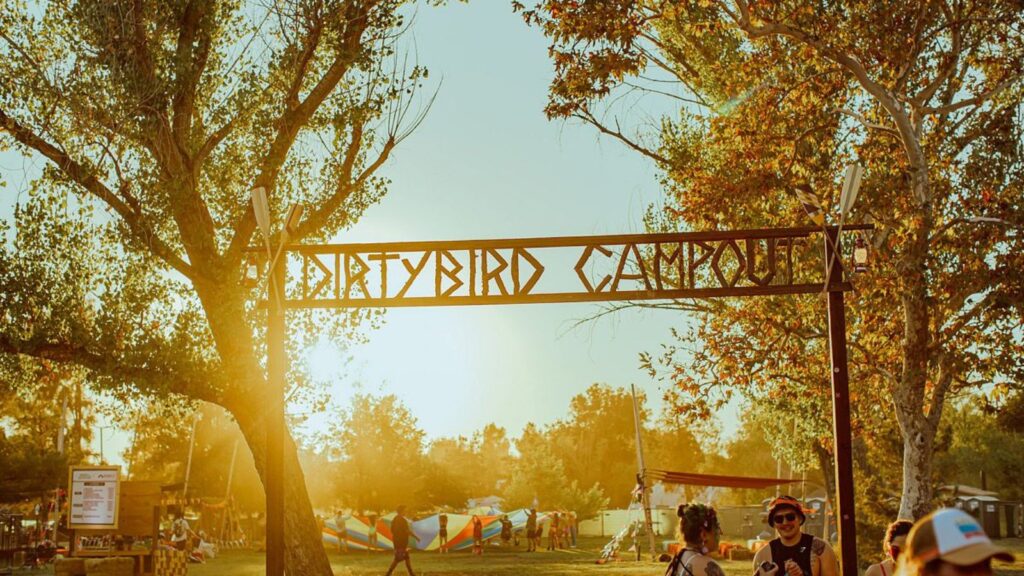“We want to show the world that we can take care of our country, and we are doing it without the government or the police.”–Khalid Toufik, 40, dentist in Alexandria
“Everyone used to say that there is no hope, that no one will turn up in the street, that the people are passive. But the barrier of fear was broken!”–Asmaa Malifour, 26, activist in Cairo
“I am not socialist, I am not a liberal, I am not an Islamist. I am an Egyptian woman rejecting injustice and corruption in my country.”–Mariam Soliman, 28, school counselor in Cairo
“You feel like everyone is walking on his own, speaking for himself because there’s no group that represents us.”–Mohammed Nagi, 30, protester in Cairo
The events in Egypt are beyond breathtaking, that a people so long oppressed have by themselves risen up to cast off their oppressors. Surging through the streets in uncountable thousands, burning police stations to the ground, convincing army troops of their commonality, spontaneously organizing themselves to protect property, direct traffic, and deal with emergencies, smoking out Mubarak’s attempt to capitalize on the inevitable looting and violence, they are revealing to the world a new national template: self-organization. A template we know operates in biology and ecology but have never before seen realized on such a scale among human beings.
Because above all, beyond struggling to get rid of Mubarak and free themselves from their addiction to American money and armaments, the Egyptian people have glimpsed the possilbility that they can do all this without falling back on traditional political parties. Even as an idea, even as an ideal, this is the most extraordinary aspect of what is taking place. A movement born out of youth and led by youth, without recourse to professional leaders, the Egyptian revolution presents us with the possibility of living in an entirely new way, of circumventing a 6000-year-old model in which “power corrupts and absolute power corrupts absolutely.”
ElBaradei, the Muslim Brotherhood, the oligarchy, Army generals, splinter parties: the Egyptian people are getting the extraordinary notion that they can survive perfectly well without them.
Talk about a mythic moment, not only for Egyptians but for the rest of us. Whether or not such an outpouring of virginal, never-before-seen energy lasts, whether or not an enduring way is found to escape the age-old hieracrchy of business as usual, with people free to organize their lives completely “outside the Beltway,” for the first time such a possibility has been burned into our consciousness on a national scale, related to but beyond the self-organizing experiments of intentional communities. As such, what’s going on in Egypt is unprecedented.
No wonder dictatorial regimes in Yemen, Algeria, Libya, the Sudan, Saudi Arabia, China, Russia and elsewhere are doing their best to distort and suppress what’s taking place there. No wonder calls for incremental change from the “comfort food” leadership in Europe and the United States are falling on deaf ears. As one banner in Tahrir Square read: “A revolution of the people, not the parties.”
What’s happening in Egypt has sometimes been labeled “al-Jazeera’s revolution” because of that channel’s decisive presentation of images of revolt while the rest of world media hung back. Day after day, viewers throughout the Arab lands mirrored the demonstrators in Cairo and came away with the sense that they, too, might take to the streets to accomplish their goals. But not only Arab viewers: new memes are being downloaded into the psyches of people everywhere, alchemically transforming pessimism and despair into “anything is possible.” Into “if they can do it, why not us?”
Such transparency is also, of course, what constitutes the threat of Wikileaks (and other such sites) to the established order. No secrets–what a concept, beside which pale any number of well-intentioned Freedom of Information Acts. No secrets–not tomorrow or next year, not dependent on lawyers filing briefs or on political pressure, but today, now. For all to see.
And one more thing: it’s not surprising that, filled with emotion, the demonstrators wrap themselves in the national flag. Oh, the flag, the flag! In Tunisia and Egypt and every other country, this piece of cloth held up as a symbol of national identity, conflating who we are with an abstraction for which we must be prepared to lay down our lives. But sooner or later this too will fall by the wayside.
Sooner or later, without feeling in danger of losing our national identities, customs, and languages, we will understand that our allegiance belongs to something larger than those symbols which separate us, symbols co-opted by warring nation-states for perpetuation of the status quo. Sooner or later, without the paranoid fantasy of one world government, a new flag–the image of a luminous globe floating in black space–will be raised over the planet. And we will perhaps begin, at long last and as best we can, to organize our lives around our common humanity
Photo by Asim Bharwani/Flickr, courtesy of Creative Commons license













